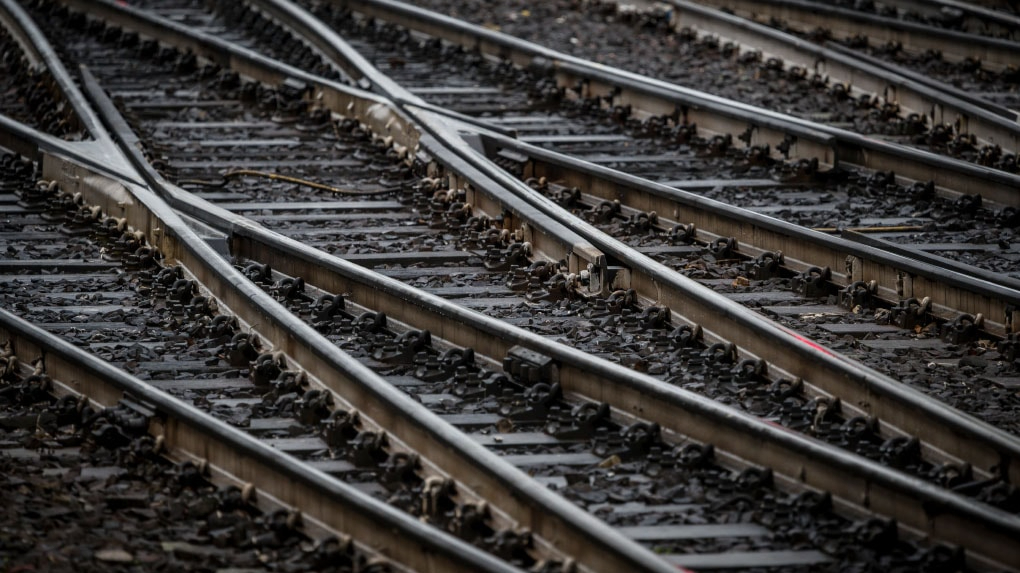The Office of Rail and Road (ORR) has presented its annual assessment of the UK rail industry and set out priorities for the year ahead.
While addressing the industry, Chief Executive, John Larkinson emphasised that the rail industry must change the way it works together to better tackle the challenges of climate change and provide a safe, punctual, and reliable railway.
To aid this vision, ORR’s annual assessment highlights areas for improvement and indicates upcoming priorities.
Punctuality and Cancellations
The assessment highlighted that performance has largely stabilised across the railway, except in the Wales and Western region. However, the network did not cope well with severe weather during autumn and winter.
Between 1 April 2023 and 31 March 2024, 3.8% of passenger trains were cancelled. This figure remains close to the worst performance since this assessment measure was introduced.
67.6% of passenger trains arrived on time and 90.3% of freight trains arrived within 15 minutes of booked arrival time.
In Scotland, 89.4% of ScotRail trains arrived at their final destination within five minutes of their scheduled arrival time, compared to a target of 92.5%. Meanwhile, 2.3% of trains were cancelled. This represents an improvement of 0.6 percentage points from the previous year.
ORR emphasises that there is more work to be done in this area. It is therefore calling on Network Rail to collaborate with industry partners to deliver on its performance improvement plans.
In the Wales and Western region specifically, lateness and cancellations were frequent. Here, ORR has concluded that Network Rail is in breach of its licence due to poor performance. Network Rail is consequently required to produce an improvement plan by 31 August. If Network Rail fails to develop an adequate plan, ORR may implement a last-resort penalty of 3 million GBP.
Health and Safety
Britain continues to have one of the safest railways in Europe. ORR’s new Chief Inspector of Railways, Richard Hines has thus recognised the industry’s continued high standards which contribute to this.
However, climate-related changes are impacting infrastructure and operations. For example, the rate of high-consequence earthworks failures is at its highest since 2008.
As a result, ORR is emphasising the need for Network Rail to speed up its condition surveys for its structures. It must also improve its drainage asset knowledge, integrity, and the provision of competent inspection and maintenance resources.
Consumers
This year, ORR has secured improvements for passengers by ensuring private ticket retailers are upfront with their booking fees. It also provided analysis to support halving the maximum refund fee to 5 GBP and has secured better online notifications of changes to pre-booked trains.
The regulator is now calling for improvements in the provision of passenger assistance. Its recent survey showed that satisfaction remains relatively high, but last year’s improvements in reliability have not been sustained.
ORR will consequently establish new benchmarks for assessing each operator and station owner in the delivery of assistance for disabled passengers. It will also evaluate compliance with required communication protocols to coordinate assistance between stations.
Value for Money
Network Rail delivered its 4 billion GBP efficiency targets for CP6, which ended in April 2024. This was in spite of increasing inflationary pressures and the impact of severe weather.
Network Rail’s targets now aim to deliver further substantial efficiencies in the next five years for CP7. ORR will produce an assessment of the robustness of this plan in the autumn.
“Network Rail has successfully delivered its efficiency targets for the year, which is good news for those who fund the railway – passengers and taxpayers. And it is positive that it has largely stabilised train performance, although we needed to take enforcement action on the Wales and Western region to secure improvement for passengers and freight. I’m pleased that the company has committed to delivering a performance improvement plan to us for the region.
“There is pressure on Network Rail from climate change, ageing assets and the need to increase maintenance work to compensate for reduced renewals spend. The company needs to maintain safety, improve train performance and deliver further efficiencies against this backdrop. Now more than ever, achieving this will require increased close working with train operators.”

